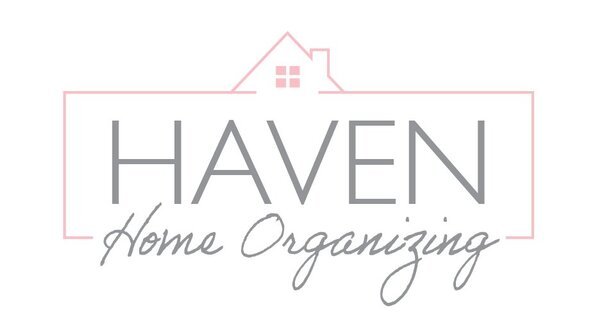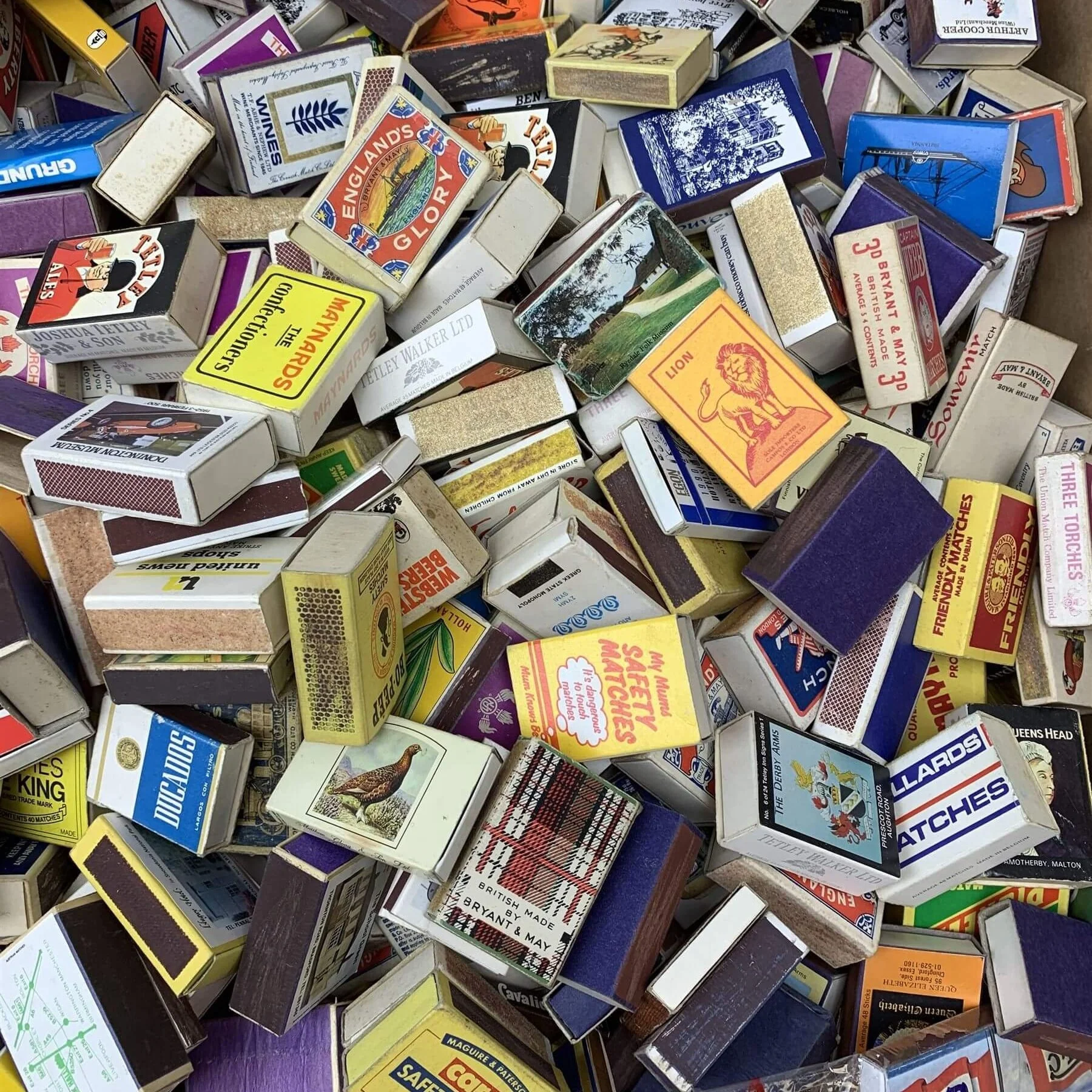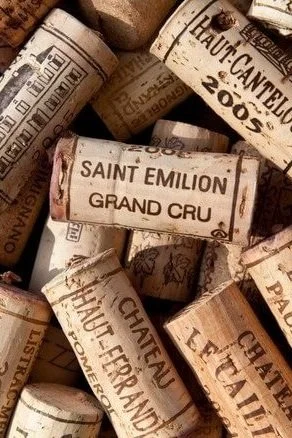How to Responsibly Dispose of Unwanted Items
Most of us know how to dispose of unwanted everyday household items (donate, toss or recycle). But what about those common items that don’t get disposed of frequently? What is the correct way to get rid of them? Here are some common items that often cause confusion.
Batteries - This depends on the type of battery you have.
Alkaline or single use batteries can be placed in household (HH) trash in all states (except CA)
Rechargeable batteries cannot be thrown in HH trash because they contain heavy metals that can be hazardous. They must be recycled at retail stores (find a location near you) or a Hazerdous Waste Event.
Crayons
Did you know there is a National Crayon Recycling Program?! Just collect the crayons, box them up and mail them in! For complete details, visit How to Recycle Your Crayons.
Formal Wear - Now you can put that prom or bridesmaid dress to good use! Give it to someone who otherwise might not be able to afford one through these organizations:
Cinderella's Closet turns “dresses into dreams”. While there are no drop-off locations in PA, you can mail them in. Check out their website for details.
Operation Prom offers free dresses and tuxedos for students in need! For shipping and drop-off locations, visit their website.
A great local option is Kit’s Closet in Phoenixville. Visit their website to learn how to donate. Thanks to Angie on NextDoor for the tip!
Eyeglasses - There are a lot of places to donate prescription glasses and sunglasses that are in good condition, including:
Many eyewear retailers, including LensCrafters, have donation drop boxes in their offices.
Note: NewEyes no longer accepts used glasses, but does continue to accept monetary donations.
Fire Extinguishers - According to RecycleNow.com, “Fire extinguishers are classified as hazardous waste and need to be disposed of carefully.” FireSystems.net suggests that for fully or partially charged extinguishers, you should first contact your local fire department as they may accept them. If not, take them to a Hazardous Waste Collection event.
Lightbulbs - These can be tricky depending on the type.
Compact fluorescent lamps (CFLs) and other types of fluorescent bulbs need to be recycled because they contain a small amount of mercury. Take them to a retail drop-off location (find a location here) or to local recycling center.
Halogen and incandescent bulbs can be thrown directly into the trash.
LED bulbs can be thrown in the trash, but it is better to recycle them. Check BatteriesPlus to see where you can recycle them locally.
Matches
Unused matches or match books should first be placed in water (some recommend a few minutes while others suggest an hour), then remove and thrown in the trash. According to GreenMatters you can also compost them!
Medications - There are a few options here.
Take Back Programs: The U.S. Drug Enforcement Administration (DEA) offers National Prescription Drug Take Back Day across the US. Drug take back programs may also sometimes be offered in local communities. For locations near you, check out DEA-authorized collector in your community. You can also check with your pharmacist as some pharmacies have their own mail-back programs or on-site drop offs. Jean on NextDoor says Walmart has a bin by the pharmacy!
Flushing: While not all medicines can be flushed down the toilet, there are (surprisingly) some that can be. Consult the U.S. Food and Drug Administration’s list of medicines for those recommended for flushing. DO NOT flush anything not on this list as they can contain the water.
Household trash: For all other medication (prescription and OTC), follow these steps:
Remove the medication from its original packaging and mix the pills with something inedible, such as dirt or cat litter.
Place the mixture in something resealable (i.e. zipper storage bag, empty can, etc.) to prevent the medication from coming out.
Throw the container in the garbage.
Finally, cross out your personal information on the empty medicine bottles or packages before tossing them in the trash. This will protect your identity and privacy.
Chester County has a variety of Medication Disposal Locations, as does Delaware County.
Paint - Like batteries and lightbulbs, the type of paint you have matters.
Water-based or latex paints can be tossed in with everyday trash but they must be dried out first. You can either leave the lid off and wait or buy a commercially sold product like this that can be mixed with the paint to harden it quickly. Some have also suggested that adding an absorbent material, such as kitty litter or sawdust, speeds up the process.
Oil-based paints must be treated as hazardous waste and be disposed of as such.
Smoke Detectors - Most agree that the best option is to check with the smoke alarm manufacturers first as some, like Kidde and Honeywell, will take back old alarms. Check the USPS website for details on who to contact and where to ship.
If you are not able to send yours back to the manufacturer for any reason, the next best steps are somewhat in dispute. I found conflicting advice from several sources - some saying that smoke detectors can simply be trashed, while others say to recycle them or take them for a Hazardous Waste Disposal. However according to both Chester County and Delaware County, smoke detectors are NOT accepted at Household Hazardous Waste Collection events. Smoke detectors should be sent back to the manufacturer or to a reputable service for recycling and proper disposal. Search Earth911 for locations near you.
Shoes -
Nike's Reuse-a-Shoe program accepts old sneakers and athletic shoes (of any brand) and recycles them. You can drop them off at most Nike stores, but call first to confirm. If still in good condition, you can also donate your sneakers to needy athletes around the world through One World Running.
Give your used Crocs a second chance with the Crocs Takeback Program. Crocs can be dropped off at any participating Crocs’ store. Find one near you.
Soles4Soles turn shoes into opportunities for education and employment! A list of drop-off locations can be found on their website. You can also drop off shoes at any DSW location.
Wine Corks
According to Wine Spectator “synthetic corks and screwcaps can go into your recycling bin. Natural corks are biodegradable and can be safely tossed in the trash or a compost bin... There are also some companies that collect natural corks and recycle them into other goods.”
Of course, recycling them is also a great option. Recork collects used corks and turns them into sustainable footwear.
For more great information, check out these resources:




